Truly, the healthiest foods would be minimally transported, and grown through restorative agricultural practices (super cool, and I suggest you read up on this if you are interested). Here in Canada, the weather provides challenges for seasonal availability of certain foods. The way we purchase or grow our food changes throughout the year.
As we move into spring, we can start to think about where we plan to acquire our food in the summer months. The last few years we have continued to expand our own home garden. We initially began with fresh herbs and a few tomatoes, and now we enjoy kale, celery, peppers, zucchini, lettuce, peas, cucumber, and cauliflower. We've also supplemented with CSA Veggie Shares and Farmer's Markets. Nothing compares to fresh produce.
Here is the 2024 Dirty Dozen (1)
- Strawberries
- Spinach
- Kale, Collard, Mustard Greens
- Grapes
- Peaches
- Pears
- Nectarines
- Apples
- Bell & Hot Peppers
- Cherries
- Blueberries
- Green Beans
- Carrots
- Sweet Potato
- Mango
- Mushrooms
- Watermelon
- Cabbage
- Kiwi
- Honeydew Melon
- Asparagus
- Sweet Peas (frozen)
- Papaya
- Onions
- Pineapple
- Sweet Corn (non-gmo)
- Avocado
Again, I will mention that this list only accounts for pesticide residues, not nutrient content, or other healthful properties of food. I don't want you to feel frustrated by huge amount of information and confusion over which foods are "best." Lately, it seems I'm just choosing the food that looks to be the most fresh... which isn't always easy. (Yikes).
Food labeling is important to understand, if you'd like to read about Organic vs Non-GMO have a look here.
A great way to integrate healthful fruits and vegetables into your diet is to choose produce that's most in season. Every year I like to offer a 2 Week Spring Clean reset to give you fresh inspiration for your meals, and set you up for a healthy spring and summer season ahead. Click to find out more, we start next Monday, April 22nd.
I hope you've been enjoying the month so far. It's hard to believe we're halfway through April!
Take care,
Dr Christa
1. https://www.ewg.org/foodnews/full-list.php



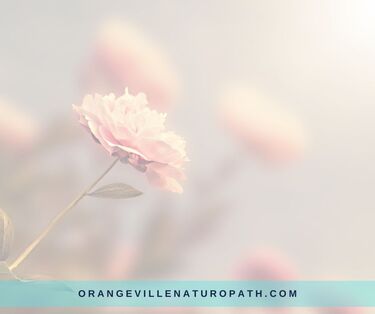
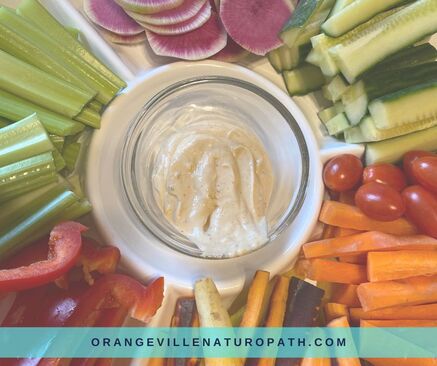
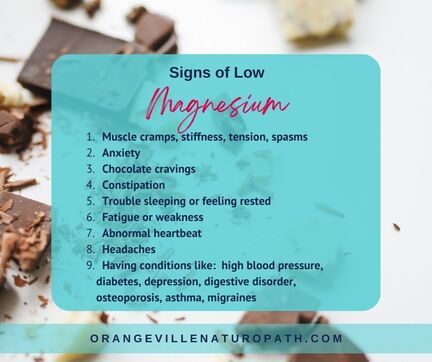


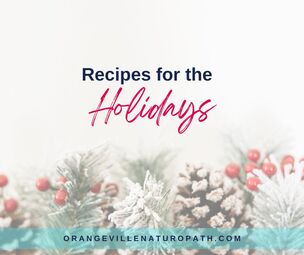

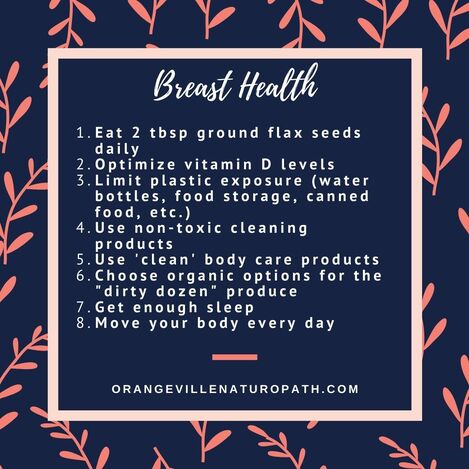




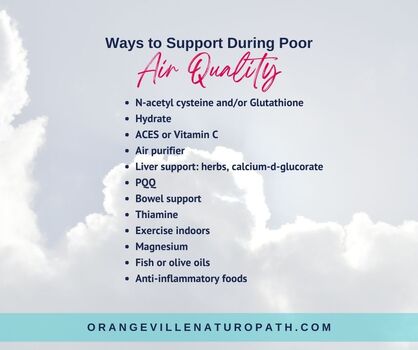
 RSS Feed
RSS Feed